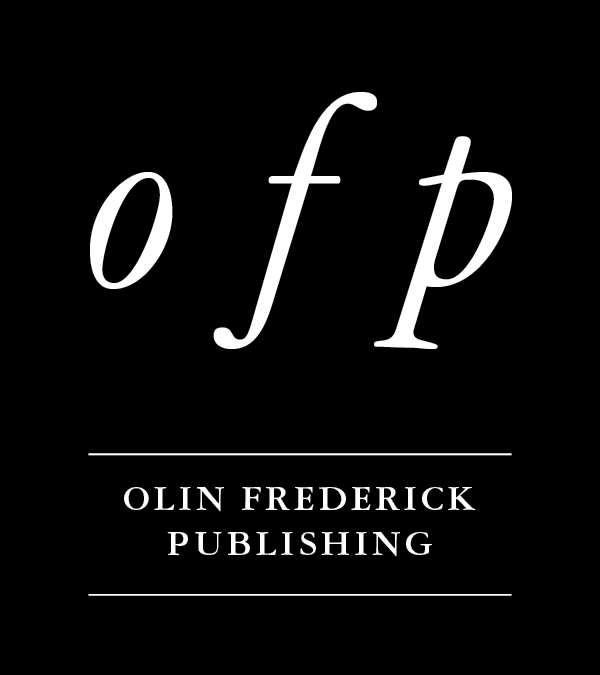The Waldheim Affair
The Waldheim Affair
Synopsis
In this book, author Harold Tittmann III, an American corporate lawyer with deep experience in Europe, and Olin Frederick challenged the New York Times on the matter of their publication of false charges against Kurt Waldheim, former Secretary General of the United Nations. In March of 1986, as the campaign for president of Austria was gathering momentum, a most unusual event occurred. The Times, encouraged by The World Jewish Congress (WJC), with seeming substance from the Office of Special Investigation of the US Department of Justice (OSI), published a story that Waldheim, the conservative party candidate, had been a Nazi sympathizer and had been complicit in war crimes as a Wehrmacht officer during World War II.
In real danger of losing the presidency, which they had held since Austria was restored in 1948, the socialists determined to create a scandal around Waldheim, the best known Austrian in the world. False and incomplete material about Waldheim were leaked leading the WJC to begin a campaign against him. When the Times elected to publish the allegations without its usual thorough reference checks, and with suggestions of support from Washington, the article became a worldwide firestorm. Kurt Waldheim was still elected president of Austria, but was continually harassed by pro Jewish interests and declined a second term.
Within a few months, the substance of the case against Waldheim collapsed as he replied to the allegations. Others added their knowledge of the background, but the campaign against him persisted. The charges were so spectacular that those who initiated them could hardly admit their momentous mistakes. The US Department of Justice made some incorrect statements supporting the falsehoods. Some observers, however, knew more. It was clear to the Central Intelligence Agency that none of the charges were in any way justifiable. But it was not until Harold Tittmann stepped onto the scene that the case was properly presented by an informed and independent third party.
To be sure, there were research efforts to examine the accusations, but Tittmann was first to connect the findings. It was made very clear that Kurt Waldheim and his family were anti-Nazi in the events leading to Hitler’s occupation of Austria in 1938. Being in the Austrian army, he was inducted into the German Wehrmacht automatically. He had no choice. Thereafter, he held no command authority. The infamous photo at the airfield at Podgorica, Montenegro showing him with two generals was used to imply his influence on the war. The reality is that one of the generals was Italian, the other German. Waldheim was the interpreter. In some alleged events, he was not even present, having been granted leaves to obtain his law degree and to get married.
All of the Waldheim implications were inferences. No solid evidence was ever presented. Supporters of the WJC inciters at the OSI began saying they had enough evidence against Waldheim to convict him of war crimes. They claimed to have kept this evidence in a closed file for the sake of preserving the US friendship with Austria. A legal misstep occurred and that file was forced open. In it were only the same materials previously presented and no new evidence. The US government, via the OSI unit of the Department of Justice, had lied.
In 2001, Tittmann’s book was published in German (Die Verteufelung, Molden Verlag, Vienna). The results were public apologies and exoneration in Europe. In the US, because of the lies told there and much personal jeopardy at stake to a number of participants, the subject remained quiet by most involved. To save the reputation of the WJC and the New York Times, in 1987 the Reagan White House put Kurt Waldheim on the Justice Department’s “watch list” of persons prohibited entry to the United States. This was considered proof of guilt. An effort to repeal the watch list action might have succeeded but was never attempted.


